Joint Office United Support for Transportation Lab Consortium
The Joint Office of Energy and Transportation (Joint Office) established the Joint Office United Support for Transportation Lab Consortium to conduct actionable research on integrating equity into federally funded electric vehicle (EV) infrastructure deployment efforts. This consortium comprises three U.S. Department of Energy (DOE) national laboratories:
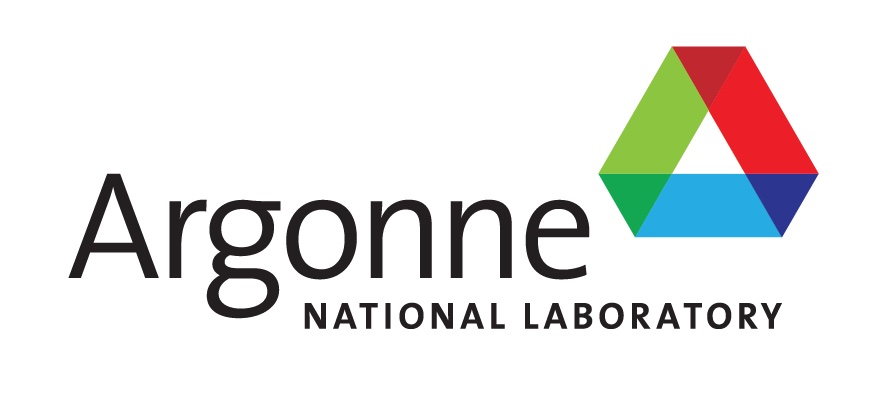
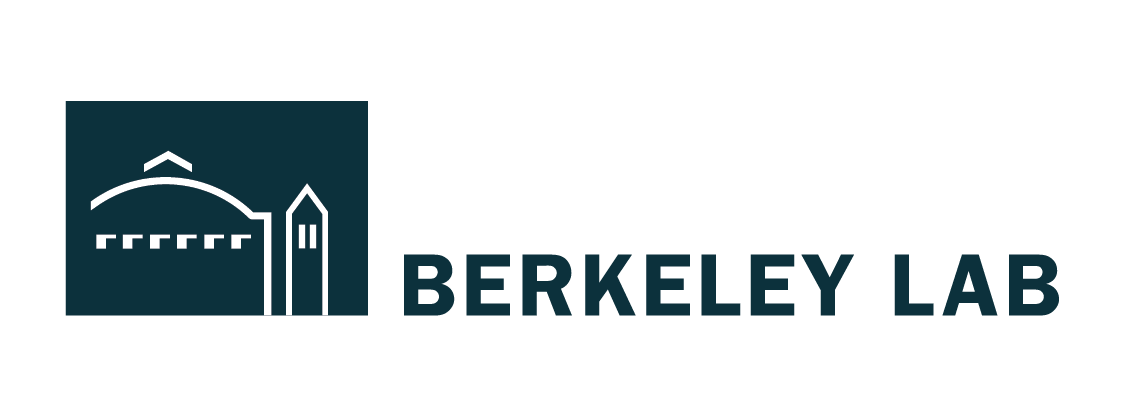
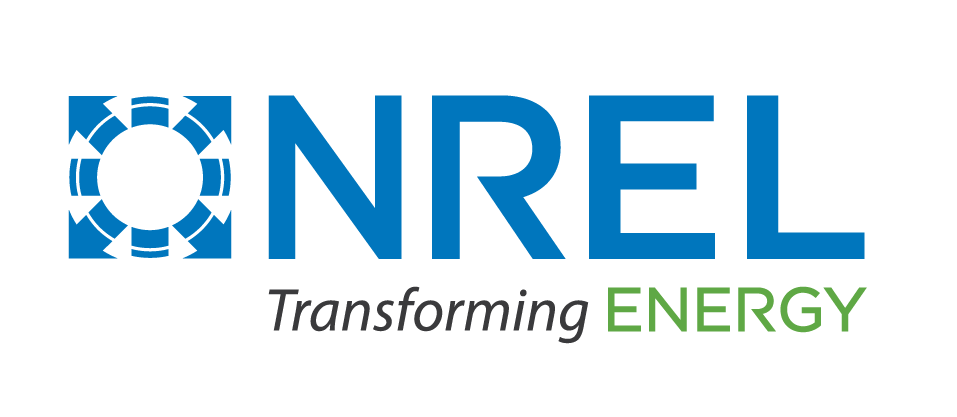
The Joint Office United Support for Transportation Lab Consortium provides technical support to Joint Office staff and its constituents with a focus on an equitable and clean transportation transition. This consortium builds on national lab expertise in providing technical assistance to DOE’s Clean Cities and Communities. This includes state-of-the-art analysis capabilities to inform the planning and implementation of clean transportation policies and programs that maximize benefits for underserved communities.
Resources
The Joint Office United Support for Transportation Lab Consortium resources below share equity best practices and provide technical assistance through analysis, webinars, trainings, and reports to Joint Office constituents, including state departments of transportation, cities and local agencies, Tribal Nations, and community organizations.

Help Sheets
Find detailed information on how to incorporate equity into every stage of your electric vehicle supply equipment (EVSE) infrastructure project with these help sheets.
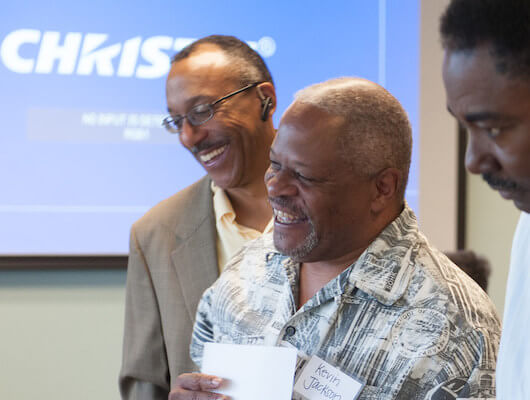
Case Studies
See real-world examples of how communities like yours centered equity in their EVSE infrastructure projects.
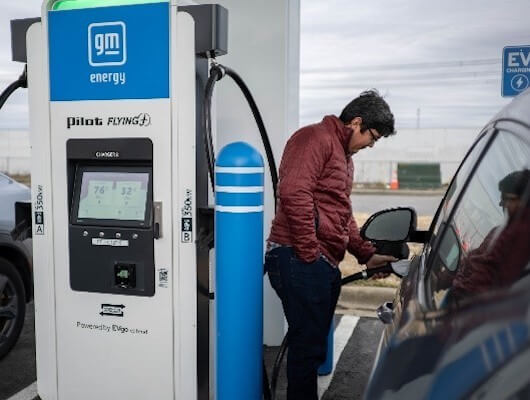
Webinars
Watch webinars regarding incorporating equity into the clean transportation transition.
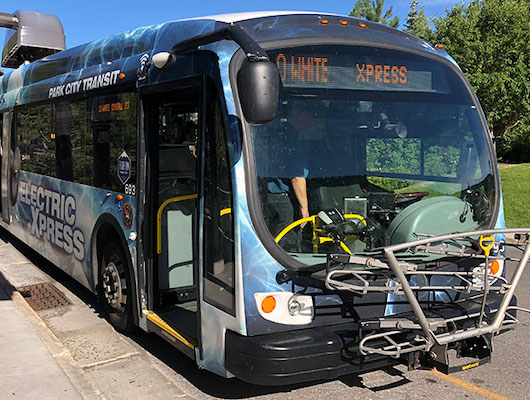
Reports
Read technical reports aimed at helping communities implement equity while installing EVSE infrastructure.
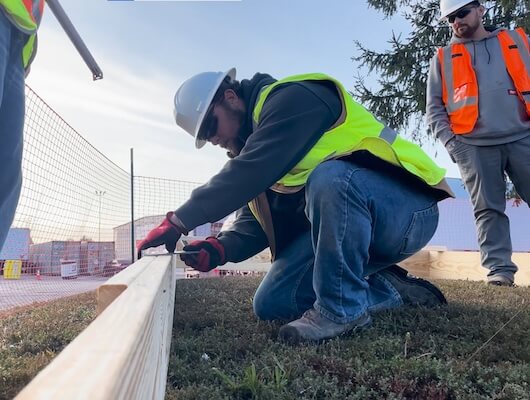
Tools
Find tools to use for planning equitable EV charging deployment.
- Rural EV Toolkit: Resources from the U.S. Department of Transportation to assist rural stakeholders with planning for EV charging infrastructure.
- EV Charging Justice40 Map: Tool from Argonne National Laboratory providing interactive maps of disadvantaged communities.
- Climate and Economic Justice Screening Tool (CEJST): Census tracts that are overburdened and underserved are highlighted as being disadvantaged on the map. Federally recognized Tribes, including Alaska Native Villages, are also considered disadvantaged communities.
- Screening Tool for Equity Analysis of Projects (STEAP): Mapping tool from the Federal Highway Administration that supports environmental justice screening.
- Low-Income Energy Affordability Data Tool: Tool from the U.S. Department of Energy that provides estimates of low-income and moderate-income household energy data.
- Limited English Proficiency Guidance: Guidance from the U.S. Department of Transportation on providing meaningful access to programs and activities for people with limited English proficiency.
- Transportation Equity Analysis: Tools and resources from Argonne National Laboratory that support transportation energy equity analysis.
- Design Recommendations for Accessible Electric Vehicle Charging Stations: Technical assistance document from the U.S. Access Board to assist in the design and construction of EV charging stations that are accessible to and usable by people with disabilities.
- Electricity Sources and Emissions Tool: Tool from the Alternative Fuels Data Center that shows how a state’s electricity generation sources affect life cycle emissions for light-duty vehicles.
Joint Office United Support for Transportation Lab Consortium Focus Areas
The Joint Office United Support for Transportation Lab Consortium focuses on five key research areas related to equitable clean transportation. These areas include:
- EVSE case studies
- Justice40 benefits methods
- Analysis capabilities and pilots for equitable EVSE deployment
- Community engagement techniques
- Review of energy and transportation justice frameworks.
Responsibilities
The Joint Office United Support for Transportation Lab Consortium is tasked with a variety of responsibilities related to ensuring that the benefits of zero-emission transportation extend to all communities.
- Providing Joint Office staff with insights on equity and Justice40 topics included in the first set of National Electric Vehicle Infrastructure (NEVI) Formula Program state plans.
- Creating an inventory of relevant analysis tools, models, and datasets that could be used to design for and assess equitable outcomes of EVSE programs.
- Developing metrics and methods for tracking equitable outcomes from transportation electrification programs and projects, including approaches that could be utilized for Justice40 implementation.
- Piloting analysis tools and metrics that could be used to inform state EVSE planning and assessment of impacts for disadvantaged communities.
- Disseminating meaningful community engagement techniques and approaches that center on underserved communities in EVSE planning, implementation, and evaluation.
- Compiling case studies and lessons learned on EVSE and mobility projects from across the country that were designed to result in equitable outcomes.
- Synthesizing academic research on frameworks for ensuring environmental, energy, and transportation justice in clean transportation programs.
Contact
To contact the Joint Office United Support for Transportation Lab Consortium, submit a general inquiry through the Joint Office and reference the Joint Office United Support for Transportation Lab Consortium.

